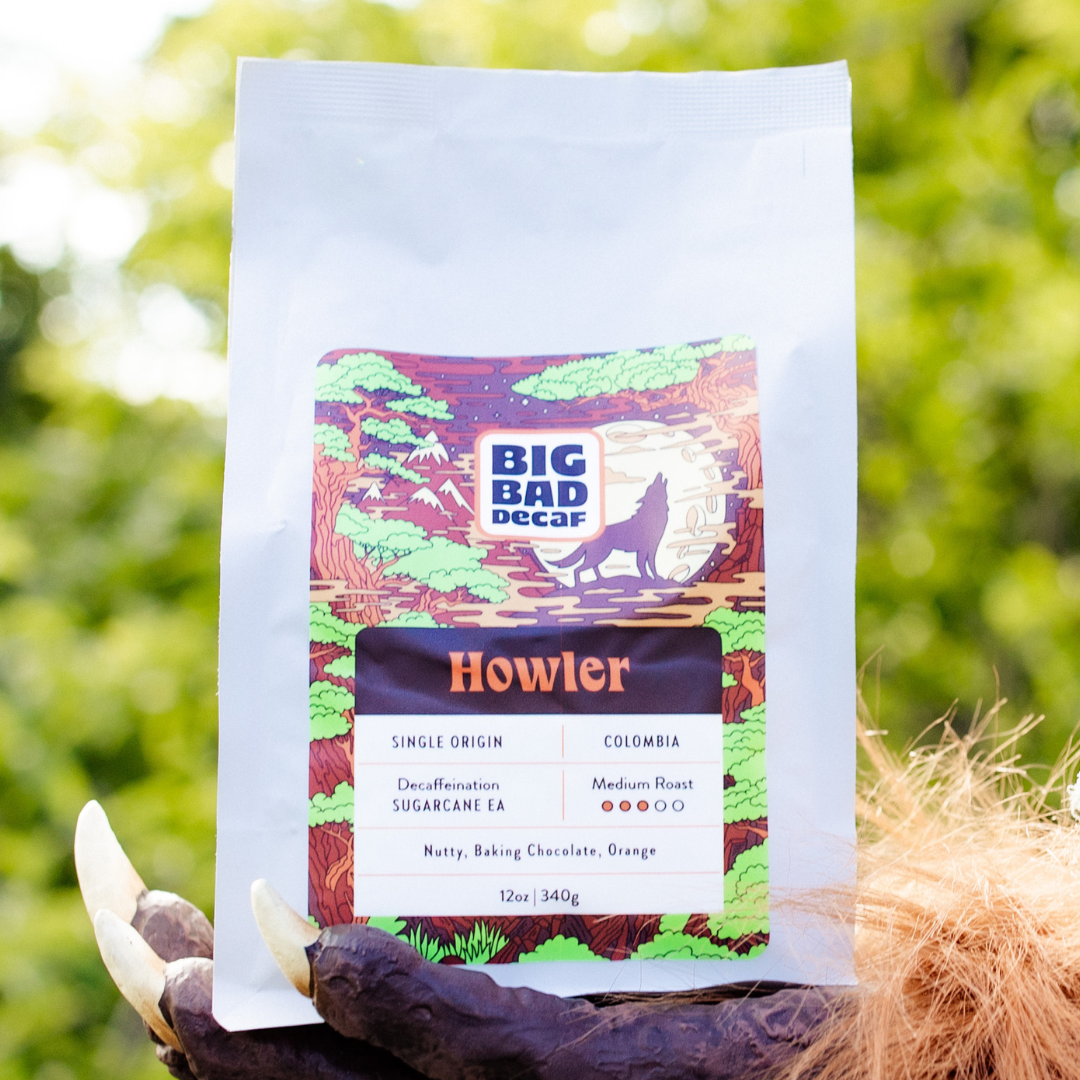Decaf coffee often feels like a mystery—how can you remove caffeine from coffee while keeping its complex flavors intact? The truth is, the process is both art and science, requiring careful techniques to preserve what makes coffee so beloved.
Here’s your ultimate guide to how coffee beans are decaffeinated, demystifying the process for both casual drinkers and true coffee aficionados.
Why Decaffeinate Coffee?
Before diving into the methods, let’s address the big question: Why decaf? Whether it’s for better sleep, reduced anxiety, or simply enjoying coffee later in the day, decaf offers the same comforting ritual without the jitters or late-night disruptions.
Fun fact: Decaf coffee must have 97% of its caffeine removed to qualify as "decaffeinated" under U.S. regulations.
The Decaffeination Process: Step by Step
Removing caffeine isn’t as simple as you might think. It’s a meticulous process aimed at preserving the bean's unique flavors and aromatics. Here are the four primary methods used today:
1. The Swiss Water Process
This method is a favorite among specialty coffee producers because it’s entirely chemical-free.
Steps:
- Green (unroasted) coffee beans are soaked in hot water to open their pores.
- The water is then passed through a carbon filter, which traps caffeine molecules but leaves flavor compounds intact.
- The beans are returned to the caffeine-free water, allowing them to reabsorb their natural flavors.
Why It’s Great: It’s eco-friendly and ideal for those seeking a natural approach to decaf.
If you'd like to try a decaf that uses the Swiss Water Process, check out the Lil'Red single origin.
2. The CO2 Process
Also known as the Supercritical Carbon Dioxide Method, this technique uses cutting-edge science to remove caffeine while protecting flavor.
Steps:
- Green beans are soaked in water to loosen caffeine molecules.
- Supercritical CO2 (a state where CO2 acts like both a liquid and a gas) is circulated through the beans.
- The CO2 selectively binds to caffeine, leaving other flavor compounds untouched.
Why It’s Great: It’s highly precise, making it a popular choice for high-quality decaf.
3. The Ethyl Acetate Process
Often called the "natural method," this approach uses ethyl acetate, a compound found in fruit, to extract caffeine.
Steps:
- Beans are steamed to open their pores.
- Ethyl acetate is applied to dissolve caffeine molecules.
- The beans are rinsed and steamed again to remove any residual ethyl acetate.
Why It’s Great: The use of a naturally occurring compound makes this method appealing, though some coffee purists prefer other processes.
If you'd like to try a decaf that uses the natural sugarcane process, check out our Howler single origin.
Note: our Three Bears specialty blend also uses the natural sugarcane process and the mountain water decaffeination process.
4. The Direct Solvent Process
One of the oldest methods, this technique uses chemical solvents like methylene chloride to remove caffeine.
Steps:
- Beans are steamed to open their pores.
- The solvent is applied to dissolve caffeine molecules.
- The beans are rinsed thoroughly to remove traces of the solvent.
Why It’s Great: It’s cost-effective and efficient, but less common in specialty coffee due to concerns about chemical residue.
What Happens After Decaffeination?
Once the caffeine is removed, the beans are dried, roasted, and packed for brewing. The roasting process plays a critical role in ensuring the final product retains its full flavor potential. At Big Bad Decaf, we roast every batch with care to highlight the natural sweetness and complexity of our beans.
Which Method Does Big Bad Decaf Use?
We’re proud to use all natural processes for our decaf coffee. Currently we're using the Swiss Water Process for Lil' Red Single Origin, and Ethyl Acetate process for our Howler Single Origin, and Three Bears House Blend. Not only are these chemical-free, but they also ensures that every cup is as flavorful as it is caffeine-free. You can taste the difference in every sip.
Experience the Art of Decaf
Curious about how amazing decaf can taste? Browse our full range of expertly crafted decaf coffees here and use code DECAF for 20% off your first order. With Big Bad Decaf, you’ll never have to choose between flavor and caffeine-free comfort.


